During Finland’s Presidency of the Council of the EU, the data economy was one the Council’s strategic priorities. During this time, The Principles for a human-centric, thriving and balanced data economy were created, with Finland leading the way. The purpose of this effort was to concretise and promote a human-centric, thriving and balanced economy across Europe. Opening the dialogue on the principles of data use was a good start. It is wonderful to see that the Commission is continuing with this effort and considers data as a priority in their policymaking.
On 19 February 2020, the European Commission published some important papers on data, the most prominent being the European Data Strategy. The purpose of the new strategy is to create a single market that would allow different parties to utilise data. The main goal is to make it easier for businesses, researchers and public organisations to share and use data across sectoral boundaries.
Creating new guidelines for the European data economy will have effects far beyond simply steering the course of European economic development through policymaking. The new data strategy and the way it will be implemented will shape our everyday lives and well-being far into the future. Being able to utilise data more flexibly will promote personal well-being, the competitiveness of European companies and the quality of our public services. However, large-scale use and sharing of data comes with a multitude of challenges which, for its part, the new European Data Strategy seeks to address.
To boost data-driven business in Europe, the European Commission has already increased consumer confidence through legislation. Start-ups and large corporations have, however, voiced concerns about new regulations restricting the use of data for business development purposes while compliance incurs significant costs. One of the key messages from the data strategy is that the Commission has a new approach to legislation itself. The Commission has finally recognised that creating a new environment for innovation will require new, agile operating models for legislation.
Another key viewpoint in the data strategy is that individuals’ rights for managing their own data should be expanded. The strategy proposes that the Commission prepare a new legislative initiative, the 2021 Data Act. One of the purposes of this initiative would be to strengthen individuals’ right to transfer data collected by a service for use by another service. Where strengthening individuals’ rights is concerned, this is the most interesting initiative in the entire paper; if adopted, it could create major business opportunities for companies across Europe.
The European Data Strategy places a strong emphasis on how to reconcile the protection of individuals’ rights with creating wider-ranging opportunities for utilising data in the data economy of the future. Achieving this will require establishing a common view on the issue and agility in legislation. Otherwise, each member state will come up with their own solution and this would result in a patchwork of fragmented legislation, preventing a truly integrated single market from being formed at the European level.
Sitra started building the foundations for a fair data economy Fair data economy The part of the economy that focuses on creating services and data-based products in an ethical manner. Fairness means that the rights of individuals are protected and the needs of all stakeholders are taken into account in a data economy. Open term page Fair data economy in 2018 with the launch of the IHAN project. We at Sitra are pleased to be able to support the Commission’s efforts and other European initiatives for promoting a fair and human-centric data economy. This is such a significant change that it can only be achieved through extensive participation from all sectors of our society.
Sitra and the Lisbon Council have jointly prepared A Roadmap for a Fair Data Economy, providing tangible suggestions for making the transition to a fair and competitive data economy.

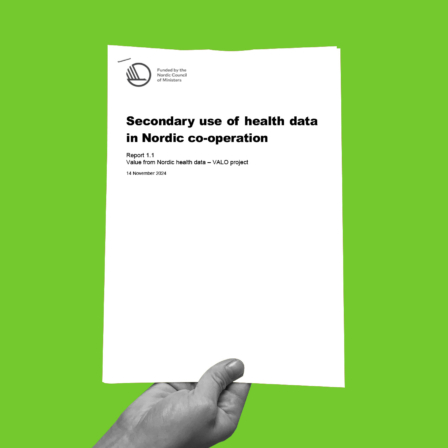
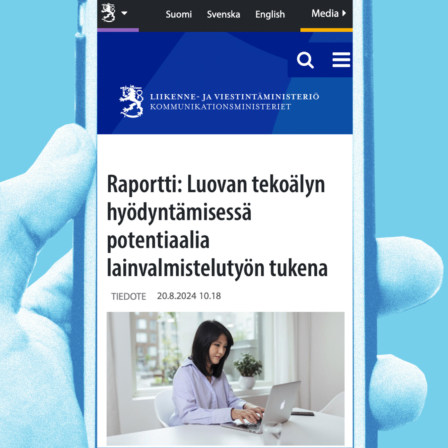

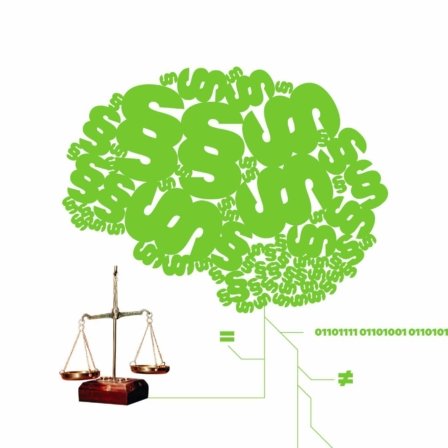






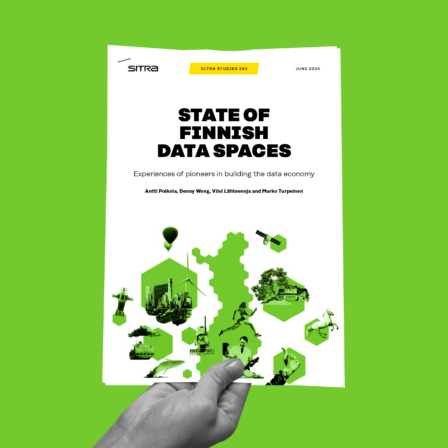
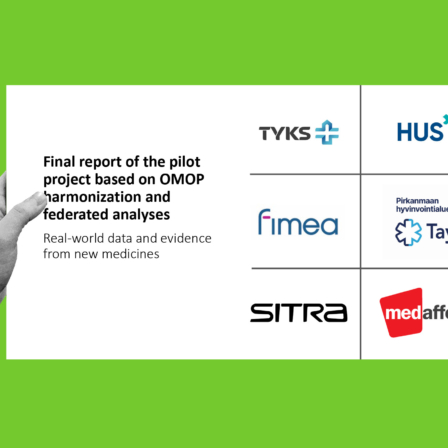

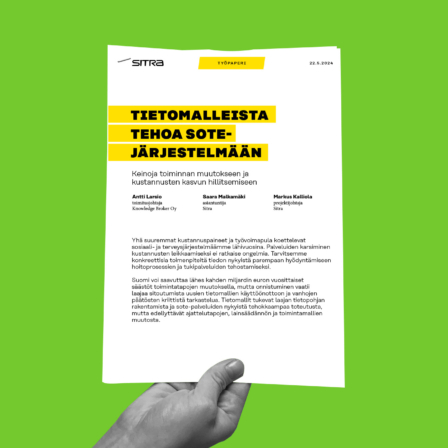
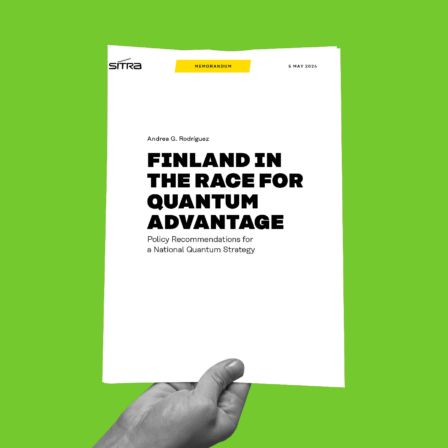

Recommended
Have some more.